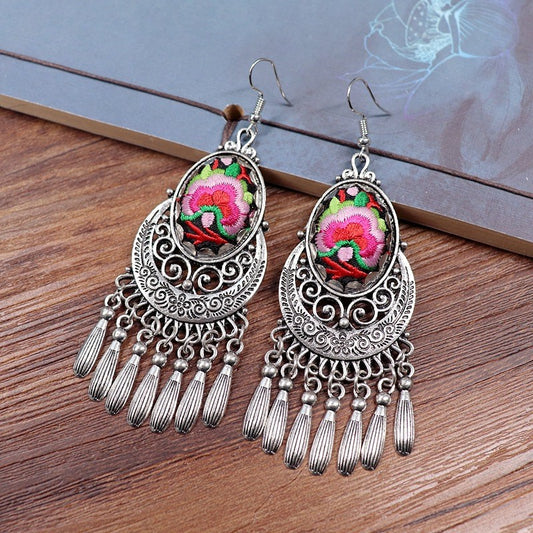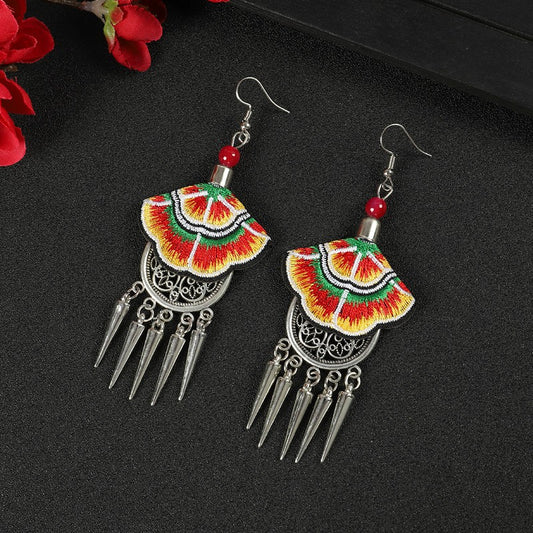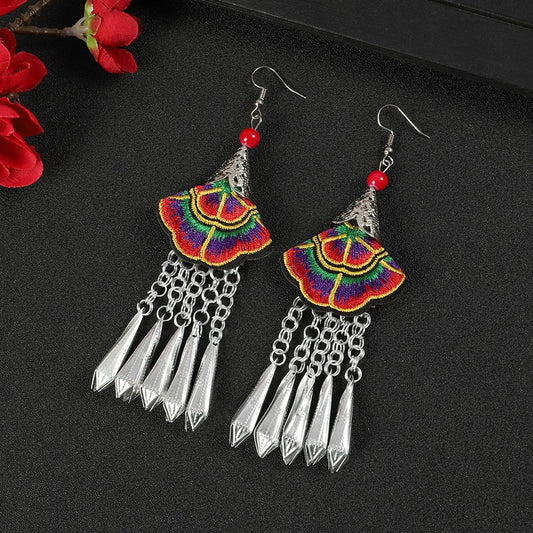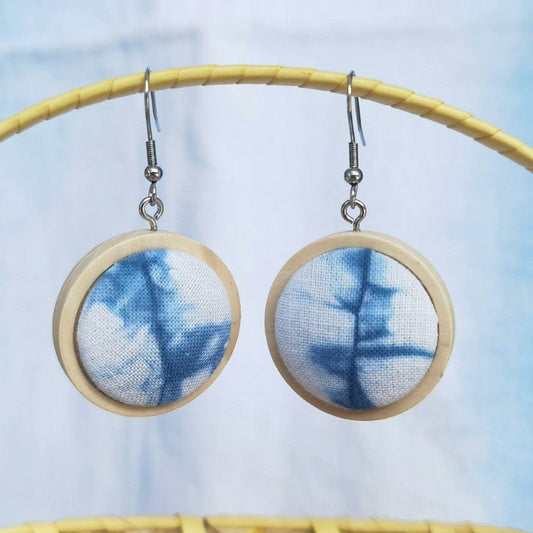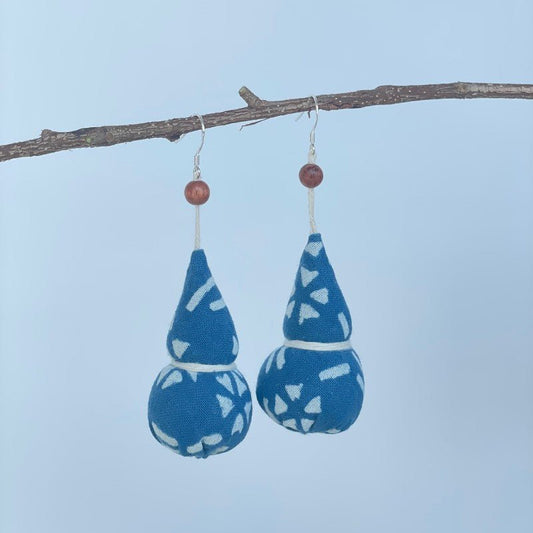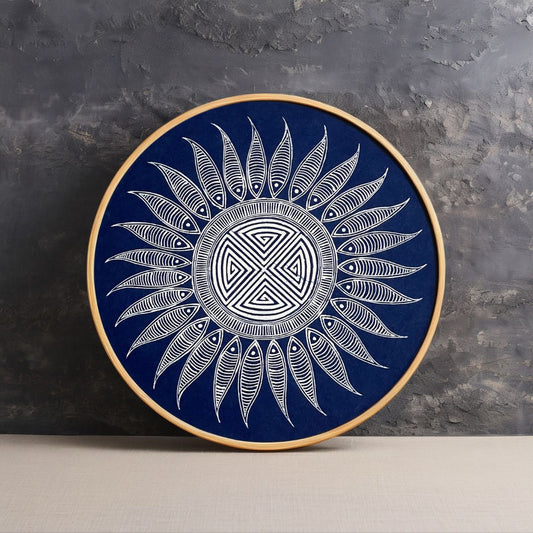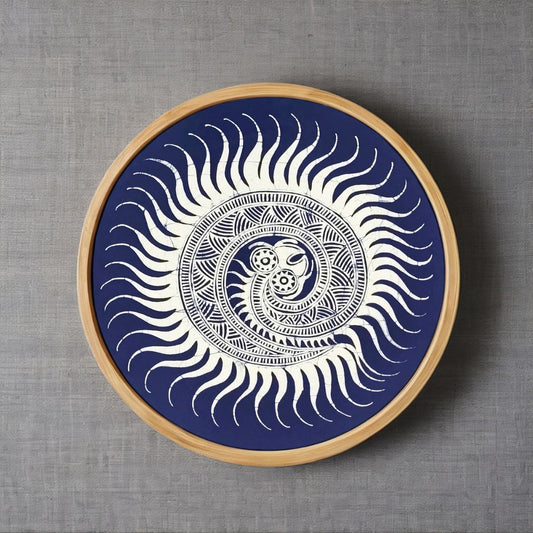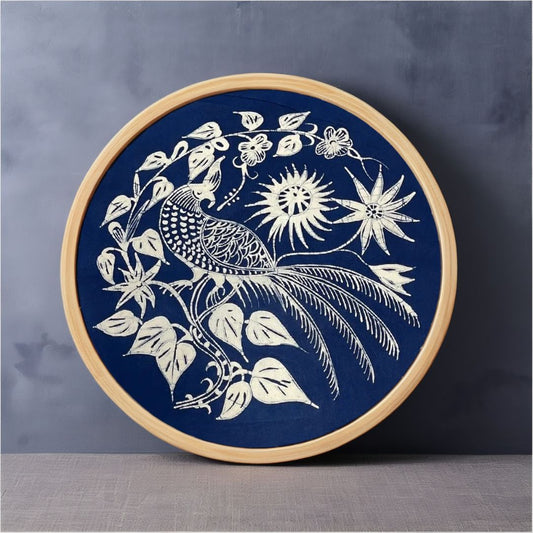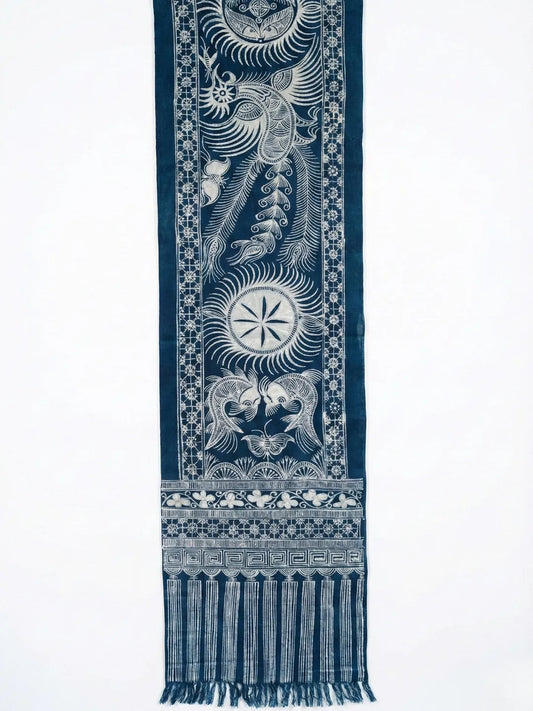China is home to a mosaic of ethnic cultures, and among them, the Miao people stand out for their rich heritage and exquisite artistry. Their traditional crafts — from Miao batik and handmade silver jewelry to embroidery and folk dances — reflect centuries of creativity and deep cultural symbolism. Let’s explore the fascinating world of Miao intangible cultural heritage, where every pattern, color, and rhythm tells a story of history and identity.

The Miao New Year — A Celebration of Abundance
Known as Miao Nian or the “Miao New Year,” this grand festival marks the end of the harvest season. Unlike the fixed Gregorian calendar, the Miao New Year is celebrated at different times across regions, depending on local traditions.
Before the festival, families prepare feasts, handcraft traditional clothes, and polish their silver ornaments, which shimmer in the sunlight like frozen moonlight. During the celebrations, people perform ancient ritual dances, play the lusheng (a reed-pipe instrument), and honor their ancestors — praying for a new year of good harvest and prosperity.

Miao Ancient Songs — The Voice of History
The ancient songs of the Miao are a living archive of the people’s history. Passed down orally through generations, these songs recount stories of creation, migration, love, and resilience. Each melody is a tapestry of the Miao people’s collective memory, carrying the wisdom of an entire civilization.

Silver Jewelry — The Shining Soul of Miao Craftsmanship
Among the most admired Chinese handicrafts is Miao silver jewelry, known for its intricate designs and symbolic motifs. Every piece — from headdresses to necklaces — is hand-forged by skilled artisans using techniques passed down through families.
The shimmering silver doesn’t just beautify; it tells stories. Dragons, birds, and flowers represent blessings, happiness, and protection. To wear Miao silver is to carry a piece of history and artistry that shines with spiritual depth.

The Drum Festival — Honoring the Ancestors
The Miao Drum Festival (Guzang Festival) is one of the most sacred rituals in Miao culture. Held every 12 years, it is a massive celebration, featuring ancestor worship, bullfighting, drumming ceremonies, and grand communal dances.
Each rhythmic beat of the drum echoes devotion — connecting generations through sound and spirit. It’s not just a festival; it’s a cultural pilgrimage that embodies the soul of Miao heritage.

The Lusheng Dance — The Heartbeat of Miao Festivals
No celebration is complete without the vibrant Lusheng Dance. Men play the lusheng while women dance in brilliant costumes embroidered with traditional Miao patterns. The melody and movement together symbolize unity, love, and the joy of life.
Today, this folk dance of China continues to captivate audiences worldwide, representing the beauty of diversity and cultural resilience.

Miao Embroidery and Batik — Art in Every Stitch
Miao embroidery and Miao batik (wax-resist dyeing) are the essence of Chinese ethnic art. With a history of over two thousand years, Miao batik uses melted wax to draw patterns on cloth before dyeing it in deep indigo — creating breathtaking contrasts of blue and white.
Each piece is handcrafted, featuring natural dyes, symbolic motifs, and extraordinary precision. These textiles are treasured worldwide as authentic Asian home décor and collectible folk art.

The Beauty of Miao Villages
Deep in the misty mountains of southwest China lie the picturesque Miao villages, where wooden stilt houses (Diaojiaolou) rise above rivers and terraced fields. Walking through these ancient settlements feels like entering a living museum — where every beam, bridge, and embroidery speaks of harmony between humanity and nature.

Preserving a Living Heritage
The Miao culture is not a relic of the past, but a vibrant part of modern China. Through Miao Batik crafts, silver jewelry, and handmade embroidery, artisans continue to share their heritage with the world. Each creation embodies not only art but also love, memory, and identity.
For collectors, travelers, and art lovers, discovering Miao crafts is discovering the soul of Chinese cultural diversity — a legacy that deserves to be seen, cherished, and passed on.


